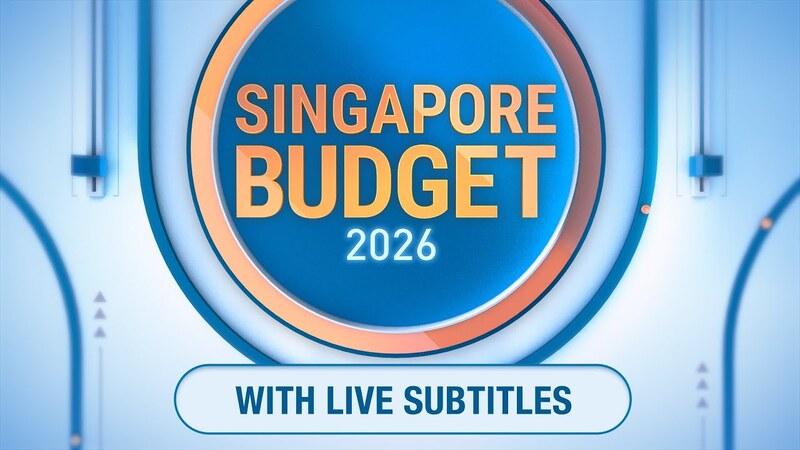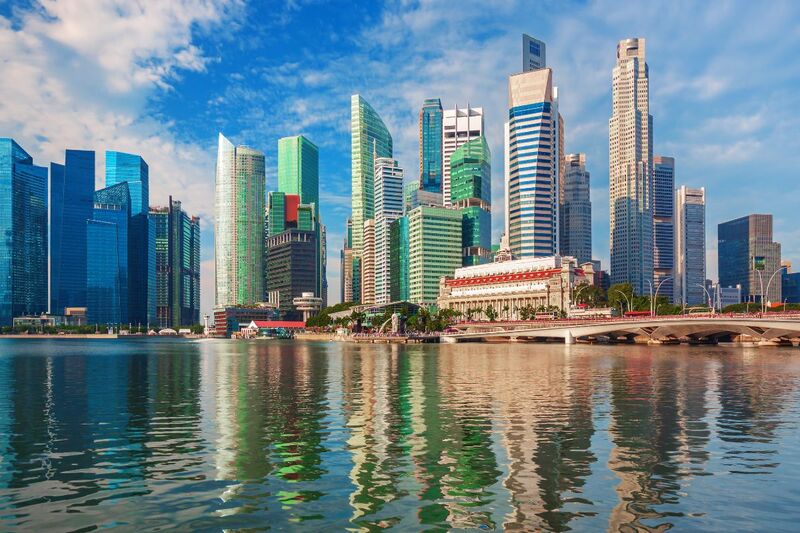Ultimate Guide to Public Holidays & Leave in 2026: How to Maximise Your Breaks in Singapore
Planning your year around Singapore’s public holidays isn’t just a smart move — it can mean longer rest, more travel opportunities, and better work-life balance. With a little foresight, you can turn a few days of annual leave into meaningful long weekends or even extended vacations.
Whether you’re working in an SME, MNC, or considering a job change in 2026, this guide from Reeracoen — one of Singapore and APAC’s leading recruitment agencies — will help you take advantage of every possible break.
Singapore Public Holidays for 2026
The Ministry of Manpower (MOM) has released the official list of public holidays for 2026. Here’s a quick reference table:
¹ Subject to confirmation based on lunar calendar
² Monday, 1 June 2026 is a public holiday
³ Monday, 10 August 2026 is a public holiday
⁴ Monday, 9 November 2026 is a public holiday
Seeking Your Next Career Opportunity?
Submit your CV — Our trusted Career Consultants will review your resume and contact you if we find a position that matches your profile!
Best Leave Hacks for 2026
If you strategically apply annual leave around these public holidays, you could stretch 14 days of leave into more than 40 days of rest. Here’s how:
1. Chinese New Year (17–18 Feb, Tue–Wed)
- Apply Leave: Monday, 16 February
- Break Duration: 5 days (Saturday 14 – Wednesday 18 February)
2. Hari Raya Haji (27 May, Wednesday)
- Apply Leave: Thursday and Friday, 28–29 May
- Break Duration: 5 days (Wednesday – Sunday)
3. National Day (9 August, Sunday, replacement on 10 August)
- Apply Leave: Friday, 7 August
- Break Duration: 4 days (7–10 August)
4. Christmas Week (25 December, Friday)
- Apply Leave: 21–24 December (Mon–Thu)
- Break Duration: 9 days (Saturday 20 – Sunday 28 December)
Why This Matters: The Shift Toward Better Work-Life Balance
In Reeracoen’s recent APAC Workforce Survey, 64% of Singapore-based respondents said flexible leave policies and long weekends directly influence their job satisfaction.
Key findings:
- 71% use public holidays for travel, rest, or family time.
- 42% would switch jobs if they found a company with better leave benefits.
- 52% of Gen Z workers in Singapore check the calendar before planning leave — with many optimising around long weekends.
This signals a growing trend: people aren’t just looking for higher salaries anymore. They're looking for time.
Know Your Rights: Public Holiday Entitlements in Singapore
Under the Employment Act:
- Employees are entitled to 11 paid public holidays annually.
- If you work on a public holiday, you're entitled to:
— An extra day's basic pay, or
— Time-off-in-lieu, based on mutual agreement
This applies to:
- Workmen earning $4,500/month or less
- Non-workmen earning $2,600/month or less
- All other workers, unless otherwise stated in their contracts
For managers, executives, and those earning above the salary thresholds, companies may offer time-off-in-lieu or other compensations as per internal policy.
Tips for Maximising Your Leave in 2026
1. Plan Early
Secure your desired leave days ahead of colleagues to avoid clashes.
2. Book Around Long Weekends
Target dates where one or two leave days can turn into 4–5 days off.
3. Travel Smart
Avoid peak prices by traveling just before or after holiday peaks.
4. Align with School Holidays
Parents can match leave days with MOE's 2026 school calendar for family vacations.
5. Talk to HR
Some companies allow substitution of public holidays or custom arrangements — especially in essential services or shift-based work.
Frequently Asked Questions (FAQs)
Q1: How many public holidays are there in Singapore in 2026?
There are 11 official public holidays, including three that fall on Sundays (with replacement days provided).
Q2: Do I get a day off if I work on a public holiday?
Yes, you’re entitled to either an extra day's salary or time-off-in-lieu, depending on your role and employment contract.
Q3: Can my employer substitute public holidays?
Yes. Employers and employees can mutually agree to substitute a gazetted public holiday with another working day.
Q4: Are managers and executives entitled to public holiday pay?
If you earn above $2,600 (non-workmen) or $4,500 (workmen), your entitlement may differ — check your contract or talk to HR.
Q5: What’s the best time to apply for leave in 2026?
Mid-February (around CNY), late May, early August, and late December offer the best opportunities for long breaks with minimal leave usage.
Final Thoughts
Time is your most valuable currency. In 2026, smart leave planning can multiply your rest days and give you space to recharge, travel, or simply unwind. Whether you're mapping out weekend getaways or extended holidays, these hacks will help you make the most of Singapore’s public holiday calendar.
With job satisfaction increasingly tied to flexibility and balance, how you plan your time off says as much about your well-being as it does about your work ethic.
So don’t just mark your calendar — master it.
Seeking Your Next Career Opportunity?
Submit your CV — Our trusted Career Consultants will review your resume and contact you if we find a position that matches your profile!
Disclaimer:
The information provided in our blog articles is intended for general informational purposes only. It is not a substitute for professional advice and should not be relied upon as such.
While we strive to provide accurate and up-to-date information, the ever-evolving nature of certain topics may result in content becoming outdated or inaccurate over time. Therefore, we recommend consulting with qualified professionals or experts in the respective fields for specific advice or guidance. Any actions taken based on the information contained in our blog articles are solely at the reader's discretion and risk. We do not assume any responsibility or liability for any loss, damage, or adverse consequences incurred as a result of such actions.
We may occasionally provide links to external websites or resources for further information or reference. These links are provided for convenience and do not imply endorsement or responsibility for the content or accuracy of these external sources. Our blog articles may also include personal opinions, views, or interpretations of the authors, which do not necessarily reflect the views of our organisation as a whole. We encourage readers to verify the accuracy and relevance of information presented in our blog articles and to seek professional advice when needed. Your use of this website and its content constitutes acceptance of this disclaimer.
References
- Ministry of Manpower – 2026 Public Holidays
- Employment Act – Public Holiday Provisions
- Singapore Tourism Board – Travel Trends
- [Reeracoen APAC Workforce Survey 2025] (Internal Data)





